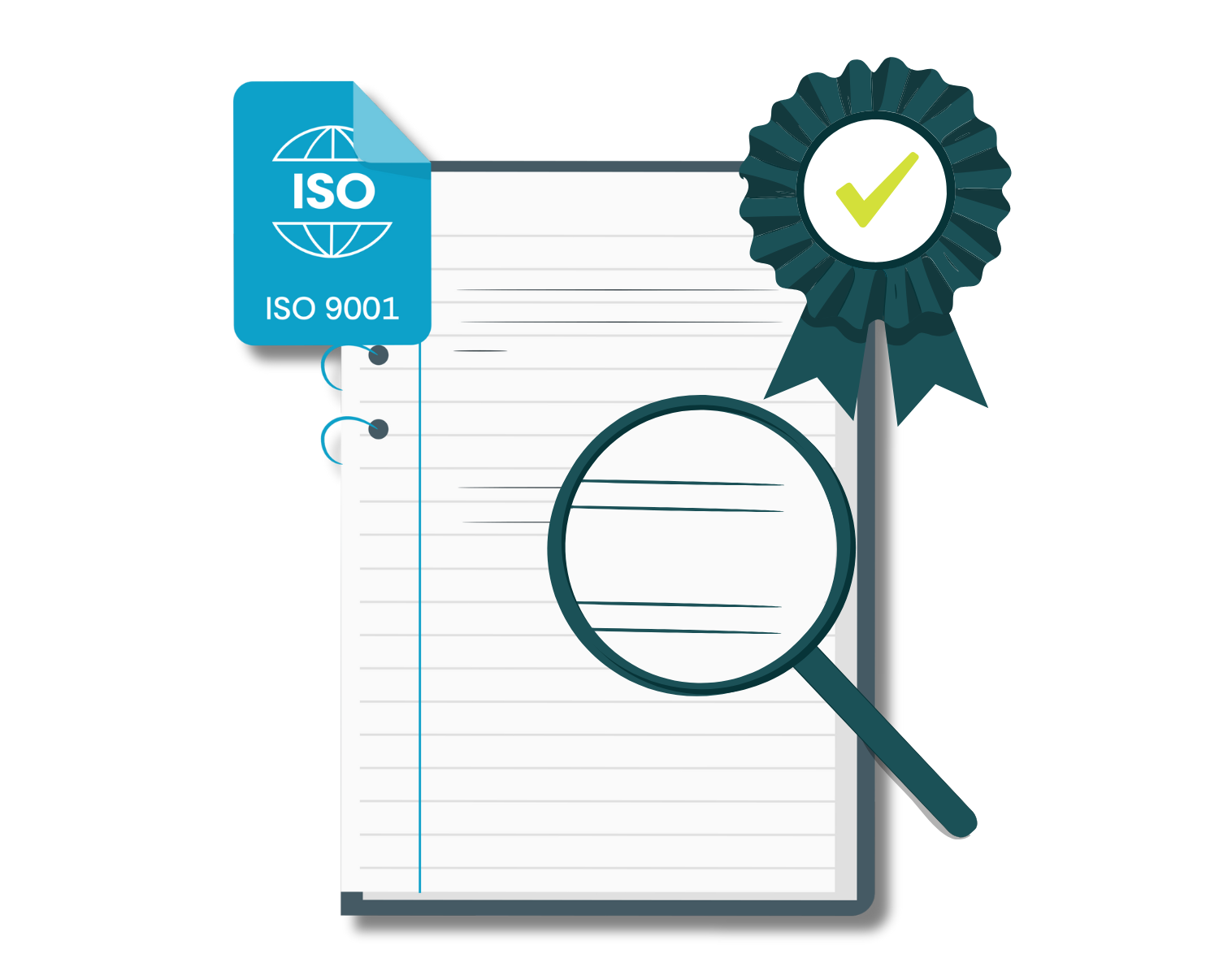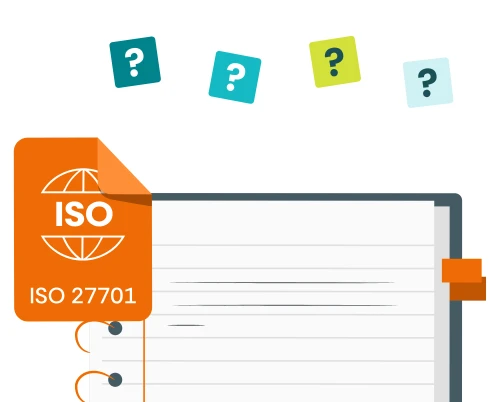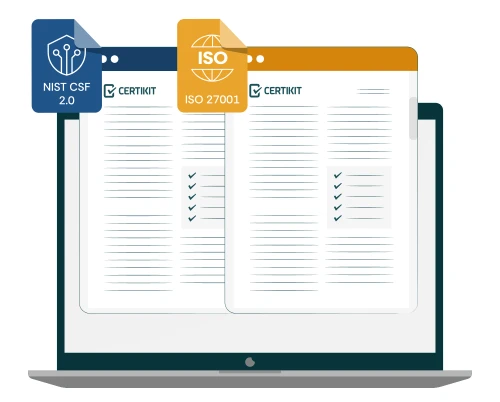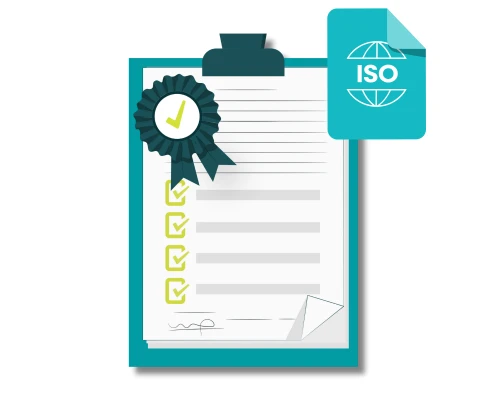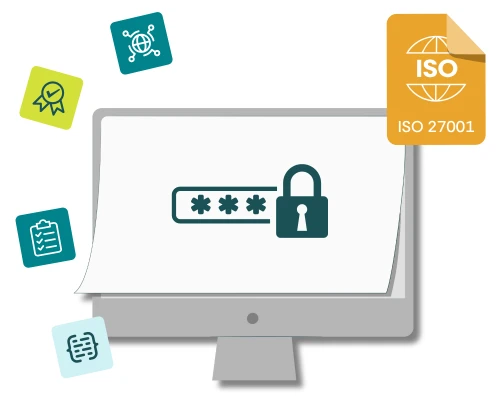The journey to ISO9001 certification can be a difficult one, involving much discussion, investigation, analysis and debate. But despite this, many organisations have trodden the uphill path to achieve that treasured certificate and have remained committed to keeping the faith over the years following certification, sometimes in the face of significant economic headwinds.
So why does ISO9001 have so many loyal fans, and what are the benefits of ISO9001 certification? Here we offer our views on why it’s worth it.
Benefit #1 - The customer gets a better product or service
One of the principles of ISO9001 is the focus on the customer. What does the customer want? What does the customer think? How can we make them more satisfied?
This degree of focus can transform an inward-looking organisation into one that truly puts its customers first and starts producing goods and services that customers really do want. That’s good for the customer and even better for the company, as increased sales will inevitably follow.
Benefit #2 - The organisation performs better
The act of looking at what the organisation does and how it does it is almost guaranteed to throw up better ways of working. It’s only when you try to draw up a flowchart of an established business process that you realise that steps can be streamlined, new technology can make it faster, or better measurement can transform your view of the process’s effectiveness. All of this leads to a leaner, more focussed organisation that delivers results more efficiently.
Benefit #3 - Improvement becomes a driving force
Ingrained into the idea of a QMS (Quality Management System) is continual improvement. Just staying the same is no longer an option. In every aspect of the organisation’s business operations, small but significant improvements are waiting to be realised. It’s only when there is a process in place for capturing these improvements and measuring their effects that people are encouraged to offer them. Another of the benefits of ISO9001.
Benefit #4 - Decisions are based on data
There’s a big emphasis in ISO9001 on objectives and on monitoring and measurement of business processes. This means that there’s a lot of data on which to base decisions, rather using the old “gut feel” method. This can also help in obtaining investment for key projects, as a clearer picture can be presented of what’s going on within your organisation, and the potential for expansion.
Benefit #5 - Thinking ahead becomes a thing – risks and opportunities
In business, no-one likes to be surprised. Whilst ISO9001 won’t give you a crystal ball, it will encourage the adoption of risk-based thinking. This involves the consideration of what could happen in the future, how likely it is, and what the impact would be to the organisation if the risk were to occur.
This kind of thinking ahead allows the organisation to plan for more eventualities and take actions in the near term to reduce these risks. But it’s not just negative events that are considered; positive opportunities get a mention too, as the actions that will allow a company to really get ahead of the game if events turn their way are part of the picture also.
Benefit #6 - Who are we and what do we (really) do?
Sometimes it’s good to ask the basic questions about why an organisation exists. ISO9001 will prompt a (hopefully) healthy discussion about mission, vision, values and culture that will result in a stronger common understanding of the importance of the company’s activities.
Benefit #7 - People’s roles, needs and expectations are better defined and agreed
ISO9001 is all about people. The standard recognises that everyone involved in the organisation’s success needs to be engaged and motivated if its objectives are to be achieved. This isn’t just employees however; all of the interested parties relevant to the QMS are identified and communicated with in order to fully understand their requirements and point of view.
Once roles are defined, ISO9001 places emphasis of the development of the appropriate level of competence to fulfil those roles, whether that is via training, shadowing, education or other methods.
The Benefits of ISO9001
Of course, the benefits of ISO9001 number more than the seven we’ve described here, and there is hard work to be done to realise as many of them as possible. But any organisation that is genuinely committed to getting better over time will find the ISO9001 standard to be an incredibly useful tool in achieving that aim.

